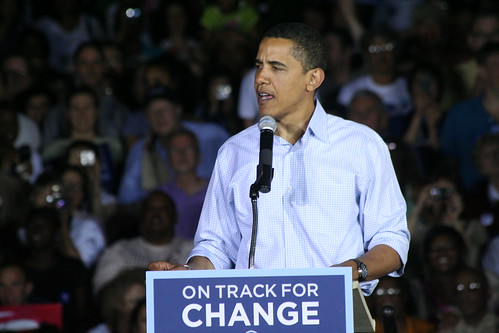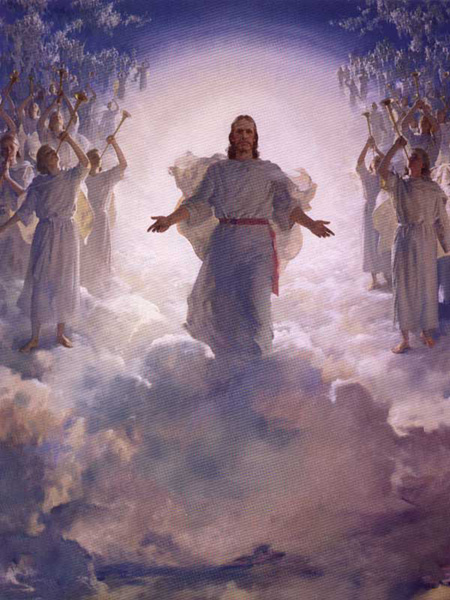I find it a sad reflection of the times we are living and the serious challenges that Malawi's democracy faces, that former President Bakili Muluzi and his UDF party are now passing as the most democratic party in the selection of their presidential candidate in next May's elections. The ruling DPP, meanwhile, appears content to approach the elections without a Convention to at least formally endorse Mutharika as their flag bearer and also allow the party membership the first ever opportunity to interact with the party's unelected big-wigs. Like the DPP, the MCP too, seems unconcerned about holding on a convention, having unofficially settled on their incumbent party leader, John Tembo, to lead them into next year's elections.
UDF have to be congratulated for organising the recent Convention to choose their presidential candidate. One can only hope the other main parties will follow suit to enable the ordinary membership to at least have some say on their choice of candidates. Although I would not expect any major upsets from such exercises, Conventions would provide important opportunities for the delegates to endorse what are otherwise predetermined choice of candidates and sprinkle the processes with some semblance of democratic credibility. It is hard otherwise, to imagine a party like the DPP going into an election when they have only transitional structures personally appointed by President Mutharika alone. Unless the political parties demonstrate some levels of intra-party democracy , it is hard to perceive them playing according to the democratic rules on the national stage. Democracy, in simple words, is not possible without democrats.
However, before we get too carried away with the recent UDF convention, we should not lose sight of the fact that Muluzi’s victory at the Convention was a largely foregone conclusion. Anyone who seriously believed that Muluzi could lose must be unaware of how much the odds were heavily stacked in his favour: he is not only the largest benefactor for the party, but he also provided a substantial chunk of the resources for the Convention itself. While Muluzi expressed interest to contest a long way back, and therefore had the opportunity to campaign and structure the Convention delegates in his favour, his lone challenger, Cassim Chilumpha, has been closeted at his Mudi House for the better part of three years as he answers to treason charges in the High Court. He only announced his candidature a few weeks prior to the elections, making it exceedingly difficult for him to mount an effective campaign against Muluzi.
I also have serious doubts about the democratic credibility of the party membership that took part in the convention itself. For a party that has not held any elections at the local level for a long time, the majority of individuals holding positions at the various structures of the party are largely appointed, mostly through Muluzi’s own patronage network. It is expecting too much, then, that these people would vote against their main patron simply because a Convention is being held. It is, to me, a joke to think the UDF has become democratic by simply holding a Convention when the delegates to the convention are not themselves democratically chosen.
While holding a convention is an important step, the top-down approach that is used to select and handpick delegates, defeats the entire purpose of a democratic convention - which is to give the ordinary rank and file party membership, a say in the choice of their party candidate. A truly genuine democratic process should have started with democratic elections at the bottom rungs of the UDF party structure to enable their membership chose who should be the eventual delegates to the Convention. Alternatively, all UDF members should be given equal say to vote for their choice of presidential candidate. Otherwise, this is a sham and cosmetic democracy.
I would also wish to comment on my disappointment that the UDF, with its acclaimed high membership across the country, feel the best they can offer is to field a candidate who has already served two terms in office. Even if I was to be persuaded to believe that Muluzi did a wonderful job in his first ten years in office (and it would not be a mean achievement to convince me), I just cannot accept that the UDF does not have any other individuals from within their ranks that are capable of leading the party into the next elections. The only way we know Muluzi has the potential to be President is because he was given the chance to serve in the first place. This only goes to show that what the country, and the UDF, lack is not people with leadership potential, but opportunities to serve. If Muluzi is so important to the UDF, he can serve an important advisory role to a different UDF nominee instead of clinging on to the candidacy himself.
I will not even venture into discussing the implications of Muluzi’s candidacy with regards to section 83 of the constitution, which limits individuals into serving a maximum of two consecutive terms of office. Suffice it to say that there are differing interpretations of the section, especially the inclusion of the word consecutive. However, before we get bogged down with semantics, I would like to ask all of us to pose for a minute and think, not about the literal meaning of the section, but rather, the spirit that influenced the framers of the Constitution into including this provision.
In my previous posting, I indicated that I would not support Hilary Clinton’s candidacy because I feel the United States, a country of 300 million people, should have myriad of individuals and families that can produce a president and not the Bushes or the Clintons alone. Maintaining that same principle, I cannot support Muluzi’s candidacy. If I am in Malawi in May of next year, I will not be voting for him.




